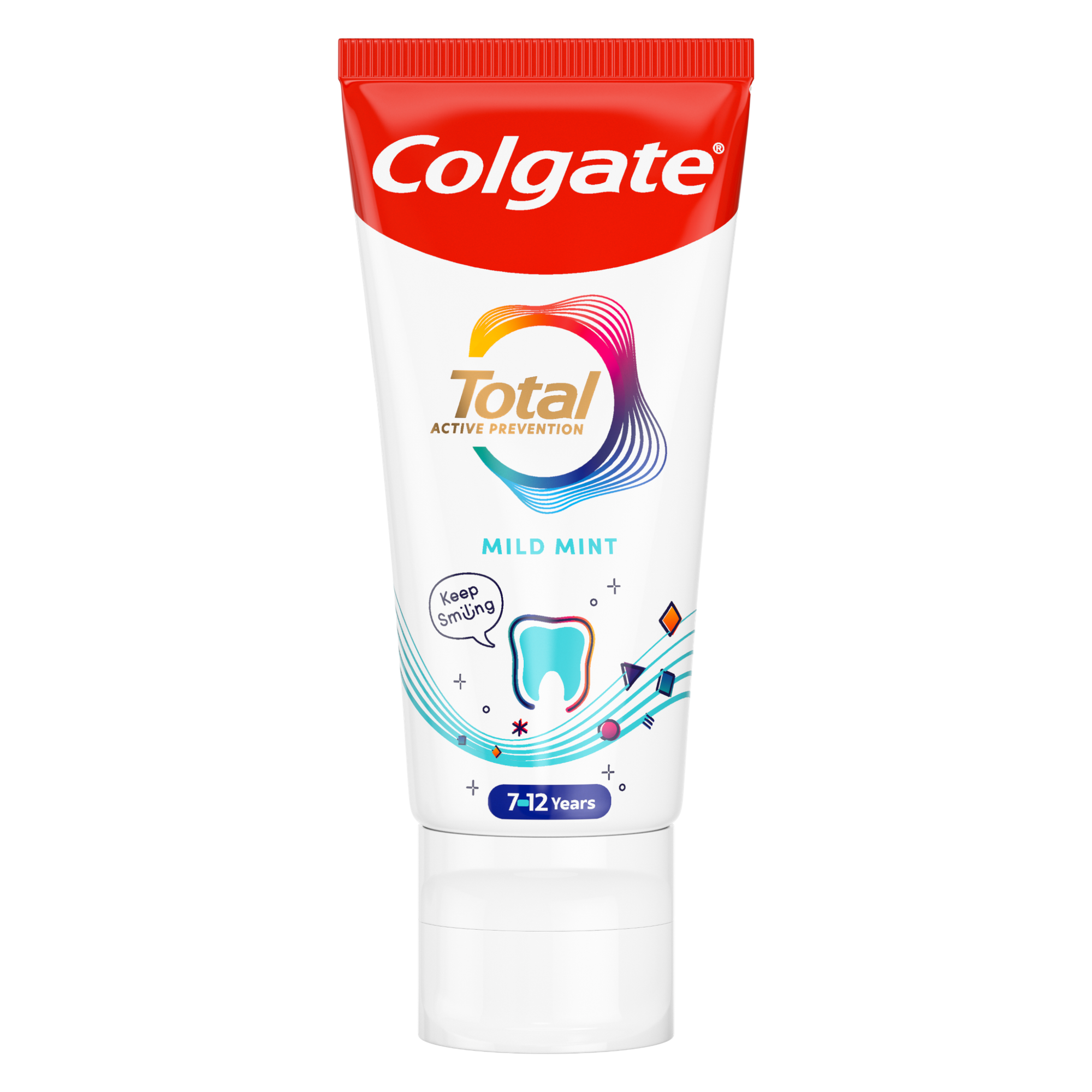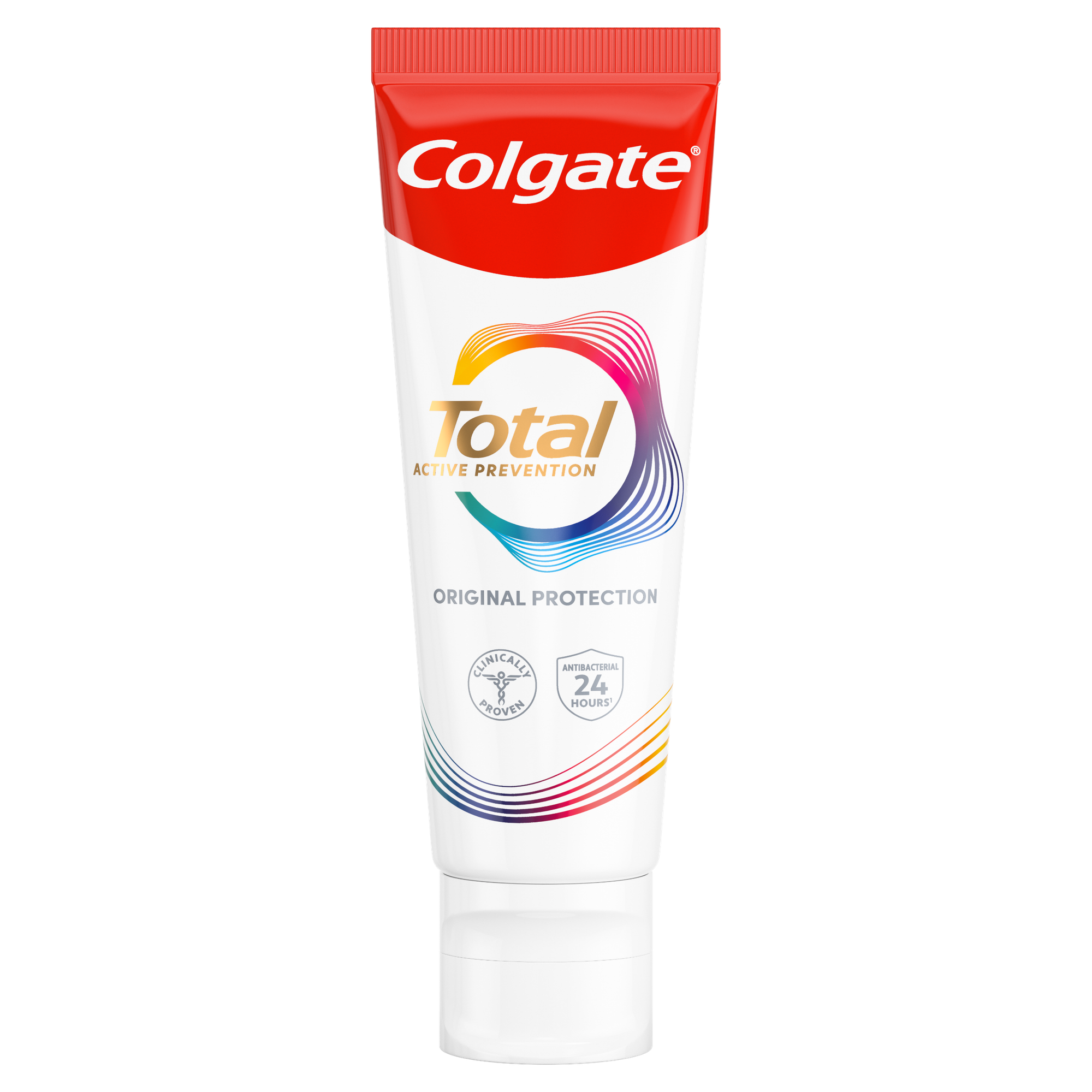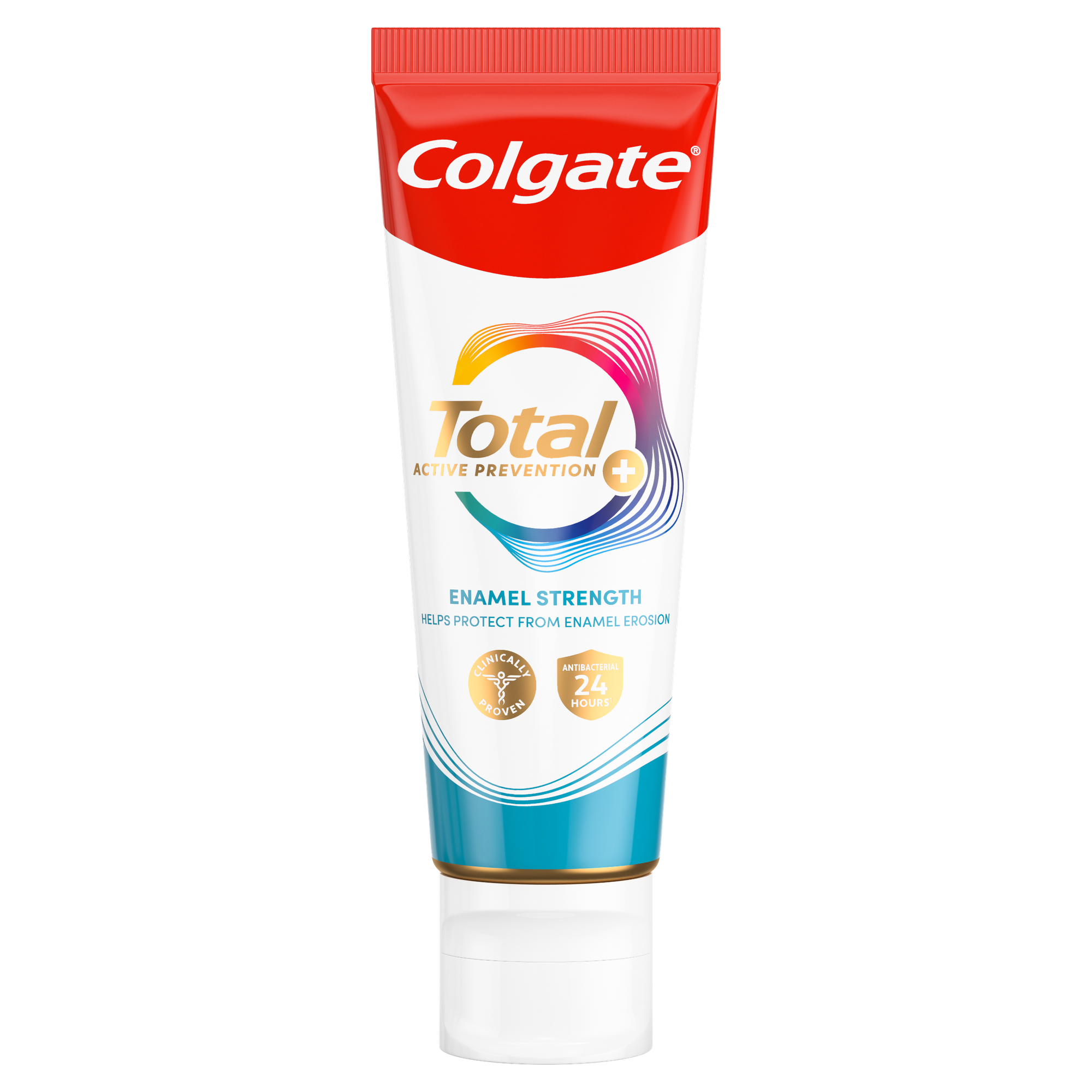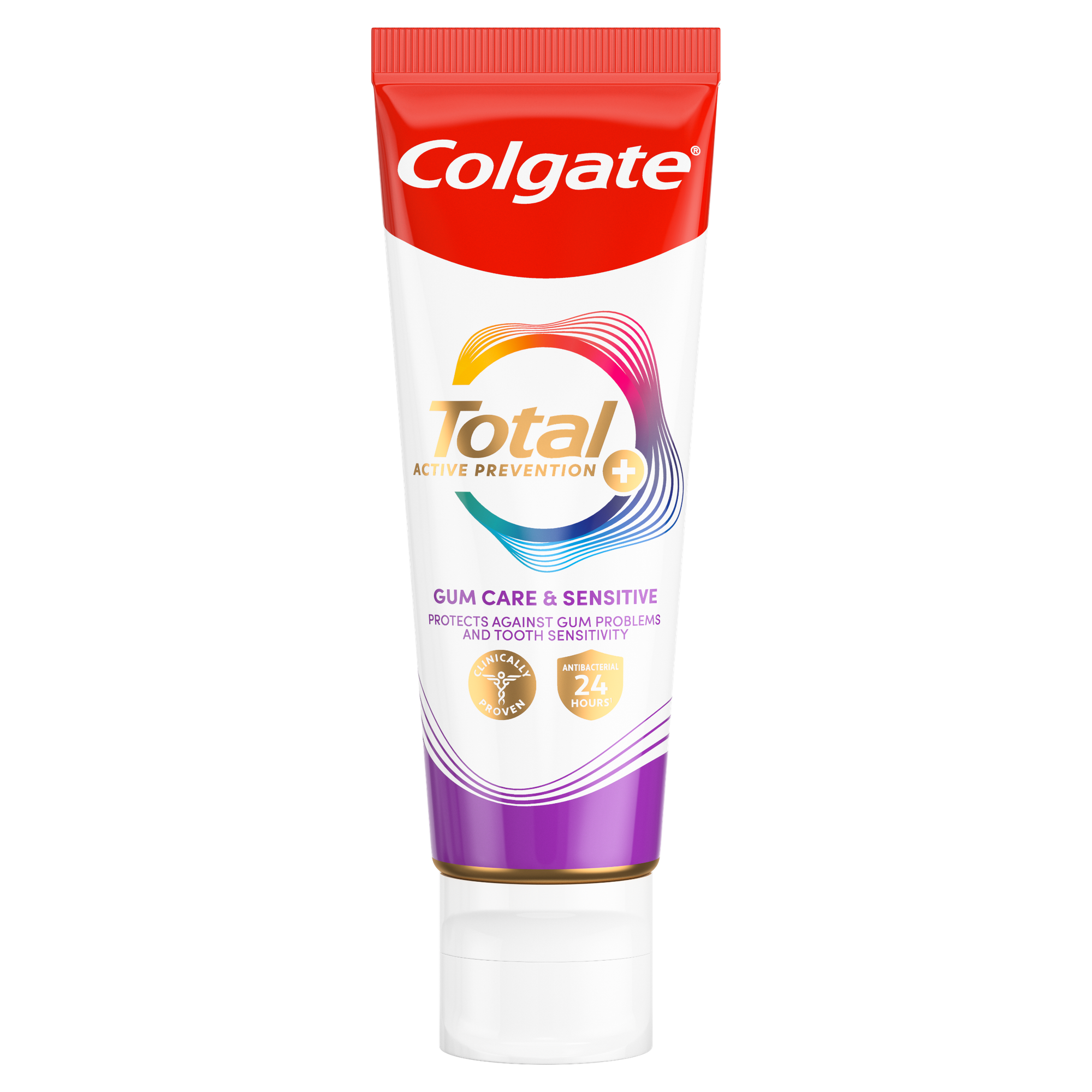How to Introduce Fluoride to Children
When teeth are still beginning to emerge, fluoride develops the enamel so that it becomes as hard as it needs to be to resist cavities and decay. According to the American Dental Association (ADA), once teeth come in, parents should follow these guidelines:
- Toothpaste with fluoride: For children younger than three years, parents and caregivers should begin brushing children’s teeth as soon as they come into the mouth with a smear of toothpaste the size of a grain of rice. For children 3 to 6 years old a pea-sized amount can be used.
- Mouthwash with fluoride: Add this extra cavity-fighting power into their routine, best for use after the age of six.
- Fluoride supplements: Taken as tablets or drops, they are prescribed by a doctor and a great alternative for kids living in areas without sufficient levels of water fluoridation.
- Topical fluoride applications: Gels or varnishes are routine procedures for most children during their dental check-up appointments. Varnishes are easier to apply to the teeth of younger children, allowing treatments to begin at an early age.
To prevent a condition called Fluorosis, have your child spit out the toothpaste as soon as they are able to do so. Accidentally ingesting too much fluoride while the teeth are still developing can cause non-serious discolouration or pitting of the enamel. Learn more about paediatric guidelines for toothpaste.
How Fluoride Prevents Cavities
After teeth have appeared in the mouth, fluoride in toothpaste, mouthwash and even tap water helps the enamel remain strong so that it can resist the acid produced by oral bacteria when you eat sugary foods. Children are more susceptible to cavities because the enamel on baby teeth is more sensitive than the enamel on permanent teeth. However, permanent teeth are sensitive at first, too. When they break through, their enamel has not yet fully hardened. According to the ADA, fluoride combines with the minerals in enamel to form fluorapatite, which makes the enamel stronger against acids.
Sources of Fluoride
Fluoride is a natural mineral. So how can you make sure you're providing the right amount of fluoride for children in your family? The best way is to simply turn on the tap and drink a glass of water. Fluoride added to community water supplies has been a safe and effective way to prevent tooth decay for over 70 years. The Centers For Disease Control and Prevention (CDC) named fluoridation as one of the top 10 great public health achievements of the 20th century. Its widespread success is due to the fact that it's an easy means of delivering fluoride to all people within a community, regardless of age, income, education or access to dental care.
Does your family prefer bottled water or filters? Not all pre-packaged bottled water contains fluoride, so you may be missing out on cavity-fighting benefits. Additionally, home water filters may remove this helpful mineral from the tap. If you need a water filter, find one that has the ADA Seal of Approval, which certifies that the filter won't strip fluoride from your water.
Every parent hopes their child will grow up with healthy teeth and a beautiful smile. One of the best ways to ensure your children will have cavity-free teeth is to follow your dentist's recommendations for fluoride use.
This article is intended to promote understanding of and knowledge about general oral health topics. It is not intended to be a substitute for professional advice, diagnosis or treatment. Always seek the advice of your dentist or other qualified healthcare provider with any questions you may have regarding a medical condition or treatment.
ORAL HEALTH QUIZ
What's behind your smile?
Take our Oral Health assessment to get the most from your oral care routine
ORAL HEALTH QUIZ
What's behind your smile?
Take our Oral Health assessment to get the most from your oral care routine













